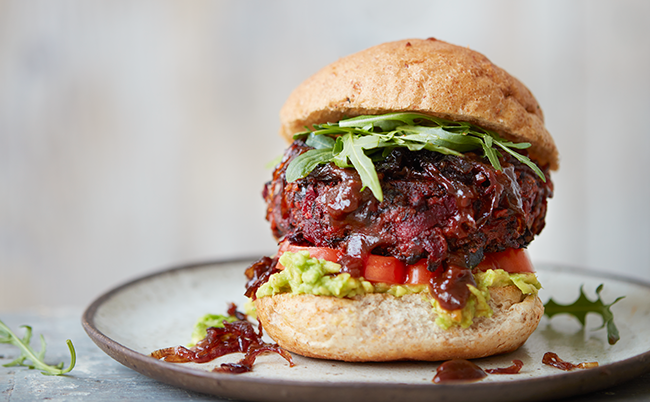New Study Shows Low-Fat Vegan Diet Offers Hope for Type 1 Diabetes Patients – vegconomist

A study published in Clinical Diabetes has found that a low-fat vegan diet may offer new hope for adults with type 1 diabetes.
The study, by Hana Kahleova, Director of Clinical Research for the Physicians Committee for Responsible Medicine in the USA, found that adults who followed a low-fat vegan diet for 12 weeks experienced improved insulin sensitivity and a reduction in total daily insulin needs.
The research was conducted with 58 adults diagnosed with type 1 diabetes. The participants were randomly assigned to one of two dietary groups: a low-fat vegan diet without carbohydrate restrictions or a portion-controlled carbohydrate diet.

Participants in the vegan diet group were encouraged to eat vegetables, legumes, and fruits. In contrast, those in the portion-controlled diet group followed individualized eating plans that reduced daily energy intake by 500 to 1,000 calories per day while keeping carbohydrate intake stable. Both groups received weekly online nutrition education classes and support from registered dietitians.
Greater improvements
After 12 weeks, 35 adults completed the study. Those in the vegan diet group experienced greater reductions in body weight and total daily insulin dose compared to those in the portion-controlled diet group. Additionally, adults in the vegan diet group had greater improvements in insulin sensitivity than those in the portion-controlled diet group, and they also saw more significant drops in total and HDL cholesterol levels.
Kahleova and her team note that in the study, changes in insulin sensitivity correlate with changes in body weight and dietary intake. Each 1 kg of weight loss was associated with decreased daily insulin dose and increased insulin sensitivity. According to them, increased carbohydrate and fiber intake were also associated with improvements in insulin sensitivity.

A cost-effective solution
The researchers believe a low-fat vegan diet could have positive effects on individuals with type 1 diabetes, especially considering the predicted rise in diabetes cases and the high costs of insulin. They suggest that dietary changes could be a cost-effective and beneficial method for managing the condition.
The paper states, “In addition to the current dietary recommendations that emphasize carbohydrate counting, limited consumption of processed and sugar-sweetened foods and drinks, and increased intake of whole grains, fruits, vegetables, and legumes, this study provides substantial support for a low-fat vegan diet that is high in fiber and carbohydrates, low in fat, and moderate in protein.”




